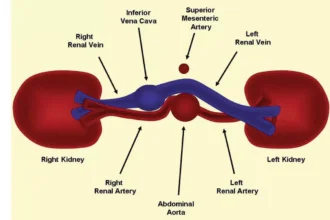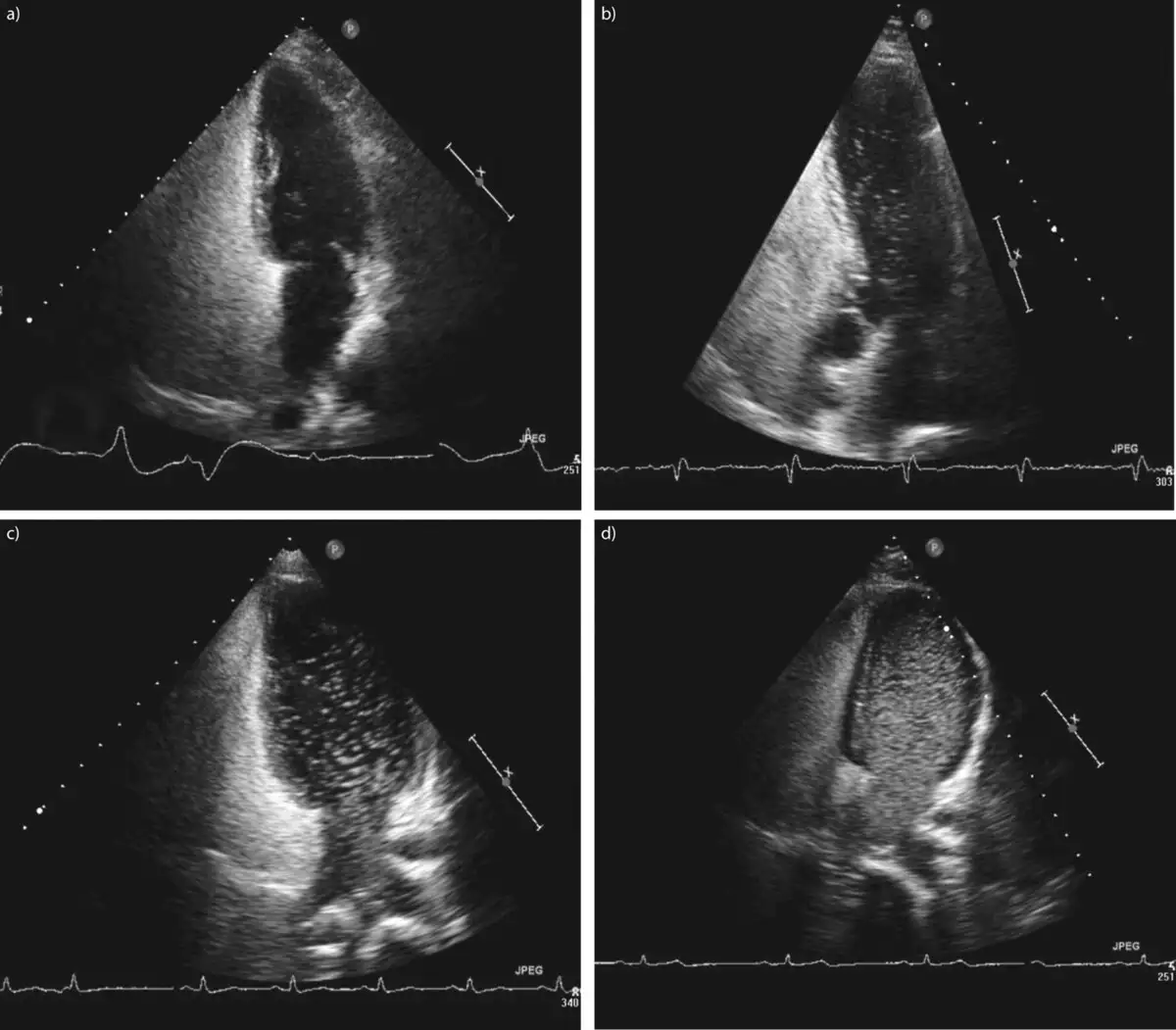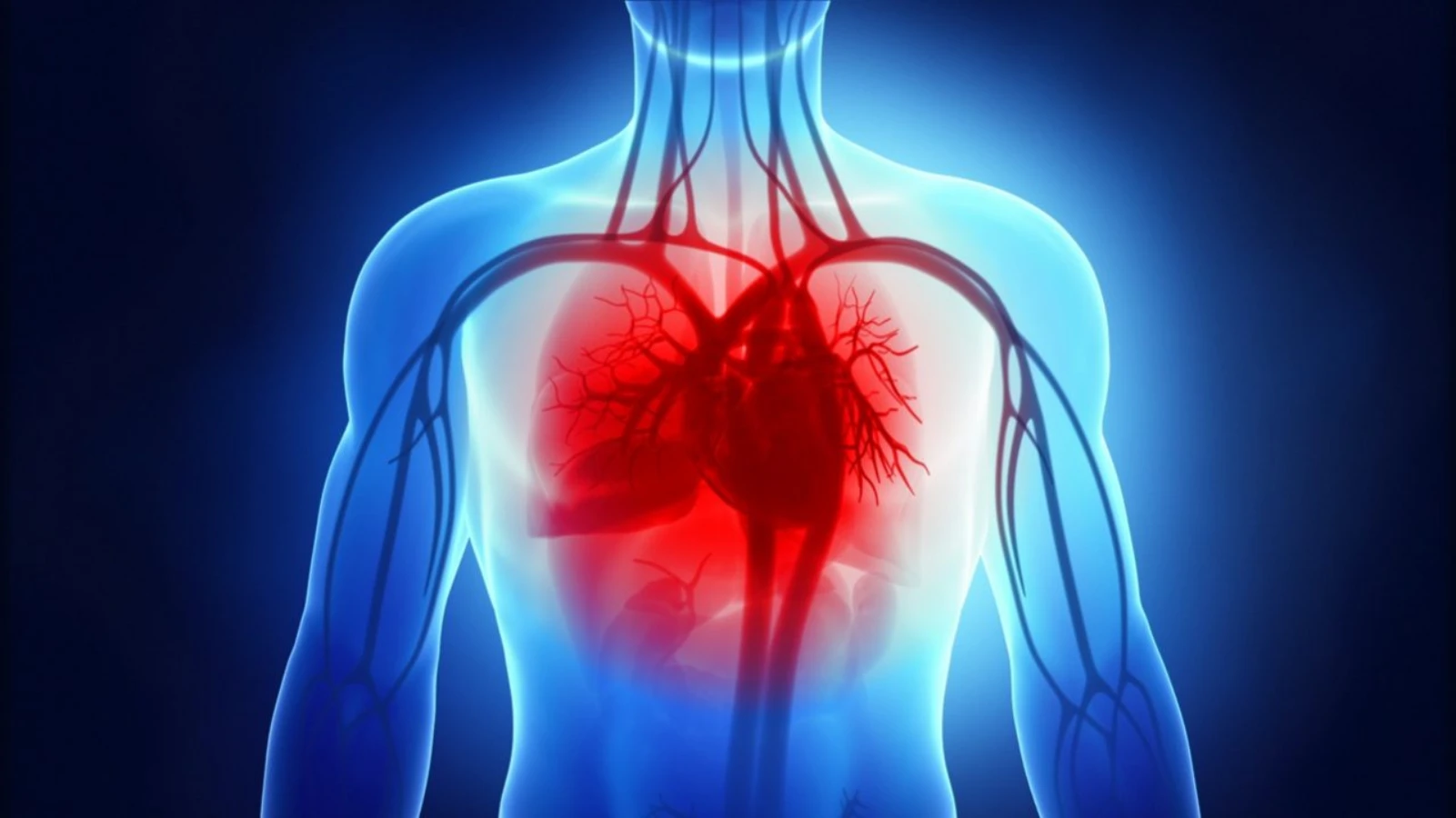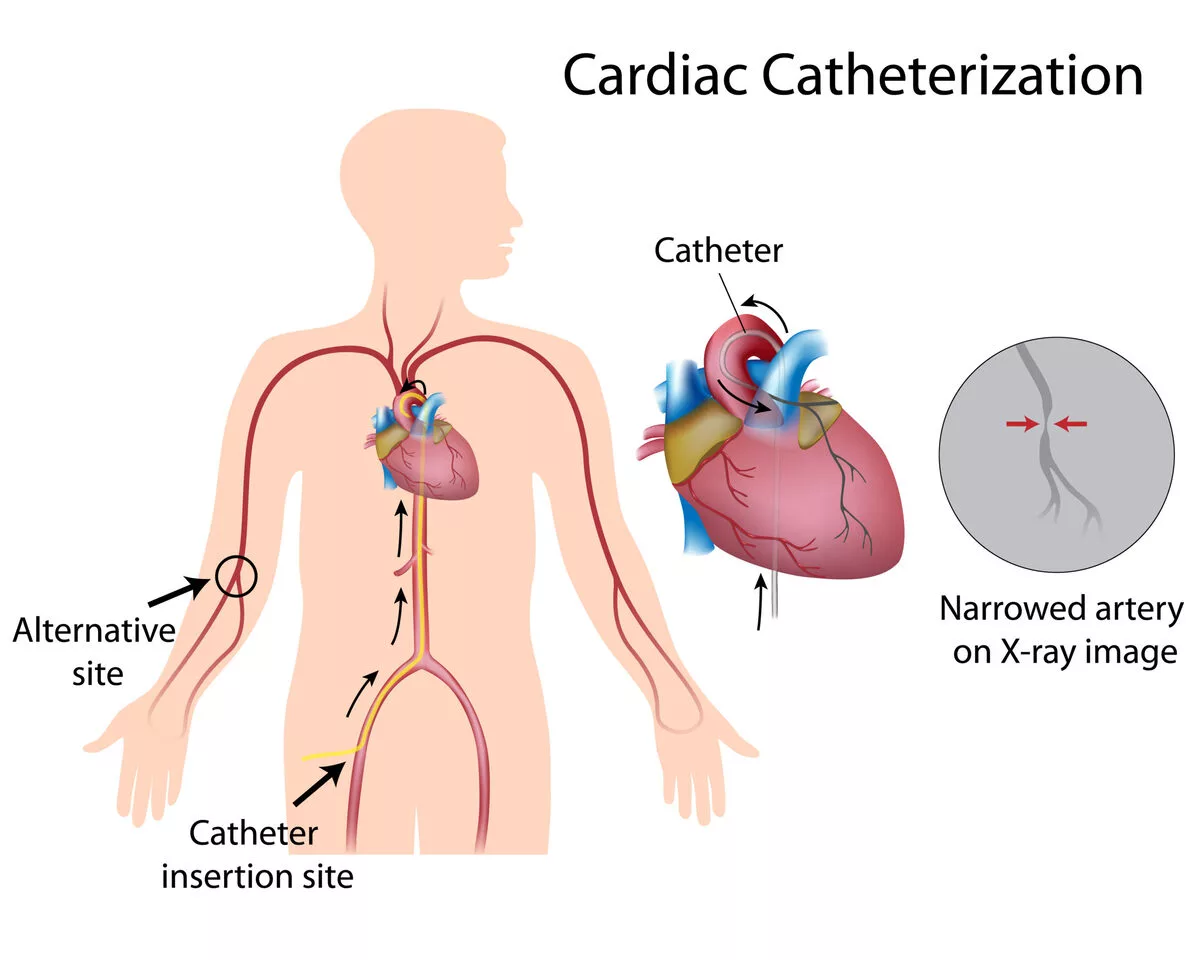What is healthy food
Healthy food is food that provides the body with the necessary nutrients, vitamins, and minerals it needs to function properly. This includes a balanced mix of carbohydrates, proteins, and healthy fats, as well as:
- a variety of fruits
- vegetables
- whole grains
- lean proteins
- and low-fat dairy products.
Healthy food choices can help prevent chronic diseases such as:
- heart disease
- diabetes
- and obesity
- and can support overall health and well-being.
Information about healthy food
Healthy food is a critical component of maintaining a healthy lifestyle. Eating a balanced diet that includes a variety of nutrient-dense foods can help reduce the risk of chronic diseases
Some examples of healthy foods include:
- Fruits and vegetables: These are rich in vitamins, minerals, fiber, and antioxidants that can help protect against disease.
- Whole grains: These include foods like whole wheat bread, oats, quinoa, and brown rice, which are rich in fiber and other nutrients.
- Lean proteins: This includes foods like chicken, fish, tofu, lentils, and beans, which are good sources of protein without excessive amounts of saturated fats.
- Nuts and seeds: These are good sources of healthy fats, protein, and fiber.
- Low-fat dairy products: These include milk, cheese, and yogurt, which are good sources of calcium, protein, and other important nutrients.
- Healthy fats: These include foods like avocado, olive oil, nuts, and fatty fish, which are high in heart-healthy monounsaturated and polyunsaturated fats.
It’s important to avoid or limit foods that are high in saturated fats, trans fats, added sugars, and sodium. Examples of these include processed foods, fast food, sugary drinks, and snacks.
In addition to eating a healthy diet, it’s important to stay hydrated by drinking plenty of water and to exercise regularly to maintain overall health and wellness.
Dietary Guidelines
Dietary Guidelines are evidence-based recommendations for healthy eating patterns that are intended to promote overall health and prevent chronic diseases.
These guidelines are developed by the United States Department of Agriculture (USDA) and the Department of Health and Human Services (HHS) and are updated every five years.
The most recent edition of the Dietary Guidelines for Americans was released in 2020 and includes the following key recommendations:
- Follow a healthy dietary pattern at every life stage.
- Customize and enjoy nutrient-dense food and beverage choices to reflect personal preferences, cultural traditions, and budgetary considerations.
- Focus on meeting food group needs with nutrient-dense foods and beverages and stay within calorie limits.
- Limit foods and beverages higher in added sugars, saturated fats, and sodium, and limit alcoholic beverages.
- Shift to healthier food and beverage choices. Choose nutrient-dense foods and beverages across and within all food groups in place of less healthy choices.
- Support healthy eating patterns for all.
The Dietary Guidelines are intended to help people make informed decisions about the foods and beverages they consume in order to improve their overall health and well-being.

Nutrition Guidelines
Nutrition guidelines are recommendations for healthy eating that are based on scientific research and designed to promote optimal health and prevent chronic diseases.
These guidelines may be developed by government agencies, professional organizations, or other health-related organizations.
Some examples of nutrition guidelines include:
- The Dietary Guidelines for Americans: This is a set of evidence-based guidelines developed by the United States Department of Agriculture (USDA) and the Department of Health and Human Services (HHS) that provide recommendations for healthy eating patterns.
- The Mediterranean Diet: This is a dietary pattern that emphasizes the consumption of plant-based foods
- The DASH Diet: This is a dietary pattern that emphasizes the consumption of fruits, vegetables, whole grains, lean proteins, and low-fat dairy products, while limiting foods high in saturated fats, added sugars, and sodium.
- The World Health Organization (WHO) Nutrition Guidelines: These guidelines provide recommendations for healthy eating patterns to promote optimal health and prevent chronic diseases.
- The American Heart Association (AHA) Nutrition Guidelines: These guidelines provide recommendations for healthy eating patterns to promote optimal heart health and reduce the risk of heart disease.
Nutrition guidelines are intended to help people make informed decisions about their food choices in order to improve their overall health and well-being.
They may also be used by healthcare professionals to provide guidance to their patients about healthy eating.
Definition of Nutrition during pregnancy
Nutrition during pregnancy refers to the dietary intake of nutrients that are essential for the growth and development of both the fetus and the mother.
Pregnancy is a period of increased nutrient requirements, and adequate nutrition is critical for optimal outcomes for both the mother and the developing fetus.
During pregnancy, a woman’s nutrient needs increase to support the growth and development of the fetus. Key nutrients that are particularly important during pregnancy include:
- Folic acid: This is important for the development of the neural tube, which becomes the brain and spinal cord.
- Iron: This is needed for the production of hemoglobin, which carries oxygen to the fetus.
- Calcium: This is important for the development of the fetal skeleton.
- Protein: This is needed for the growth and development of fetal tissue.
- Omega-3 fatty acids: These are important for the development of the fetal brain and eyes.
- Vitamin D: This is important for the development of the fetal skeleton.
It’s important for pregnant women to consume a varied and balanced diet that includes a wide range of nutrient-dense foods.
In addition to consuming a healthy diet, pregnant women may also need to take prenatal supplements to ensure that they are meeting their nutrient needs.
Proper nutrition during pregnancy can help reduce the risk of complications, such as preterm birth, low birth weight, and birth defects.
It can also help support the mother’s health and well-being during this important time.

Importance of nutrition during pregnancy
Nutrition during pregnancy is essential for the health and well-being of both the mother and the developing fetus. Adequate nutrition during pregnancy can help reduce the risk of complications and promote optimal outcomes for both.
Here are some key reasons why nutrition during pregnancy is so important:
- Supports fetal growth and development: Adequate nutrition is critical for the growth and development of the fetus.
- Reduces the risk of complications: Proper nutrition during pregnancy can help reduce the risk of complications, such as preterm birth, low birth weight, and birth defects.
- Supports maternal health: Adequate nutrition during pregnancy can also help support the mother’s health and well-being.
- Sets the foundation for lifelong health: Adequate nutrition during pregnancy can help set the foundation for lifelong health for the developing fetus.
Overall, proper nutrition during pregnancy is essential for the health and well-being of both the mother and the developing fetus.
It can help support fetal growth and development, reduce the risk of complications, support maternal health, and set the foundation for lifelong health.
Food to avoid during pregnancy
During pregnancy, there are certain foods that should be avoided or limited to reduce the risk of food borne illness or harm to the developing fetus. Here are some examples:
- Raw or under cooked meat, poultry, and seafood
- Raw or under cooked eggs
- Unpasteurized dairy products
- Fish with high levels of mercury
- Raw sprouts
- Unwashed fruits and vegetables
- Alcohol
By avoiding or limiting these foods during pregnancy, you can reduce the risk of harm to the developing fetus and promote a healthy pregnancy.
Conclusion
healthy nutrition is essential for women of all ages.
By consuming a balanced diet that includes a variety of nutrient-dense foods, women can support their overall health and well-being, reduce the risk of chronic diseases, and optimize their reproductive health. Key nutrients, such as calcium, iron, and folic acid, are particularly important for women, and it’s important to consume these nutrients through a healthy diet or supplements as needed.
By making small changes to their diet and lifestyle, women can take control of their health and set the foundation for a lifetime of well-being.
Remember, a healthy and balanced diet is not only good for your body, but also for your mind and soul. So, let’s make healthy nutrition a part of our daily routine and enjoy the benefits of a healthy and happy life.













